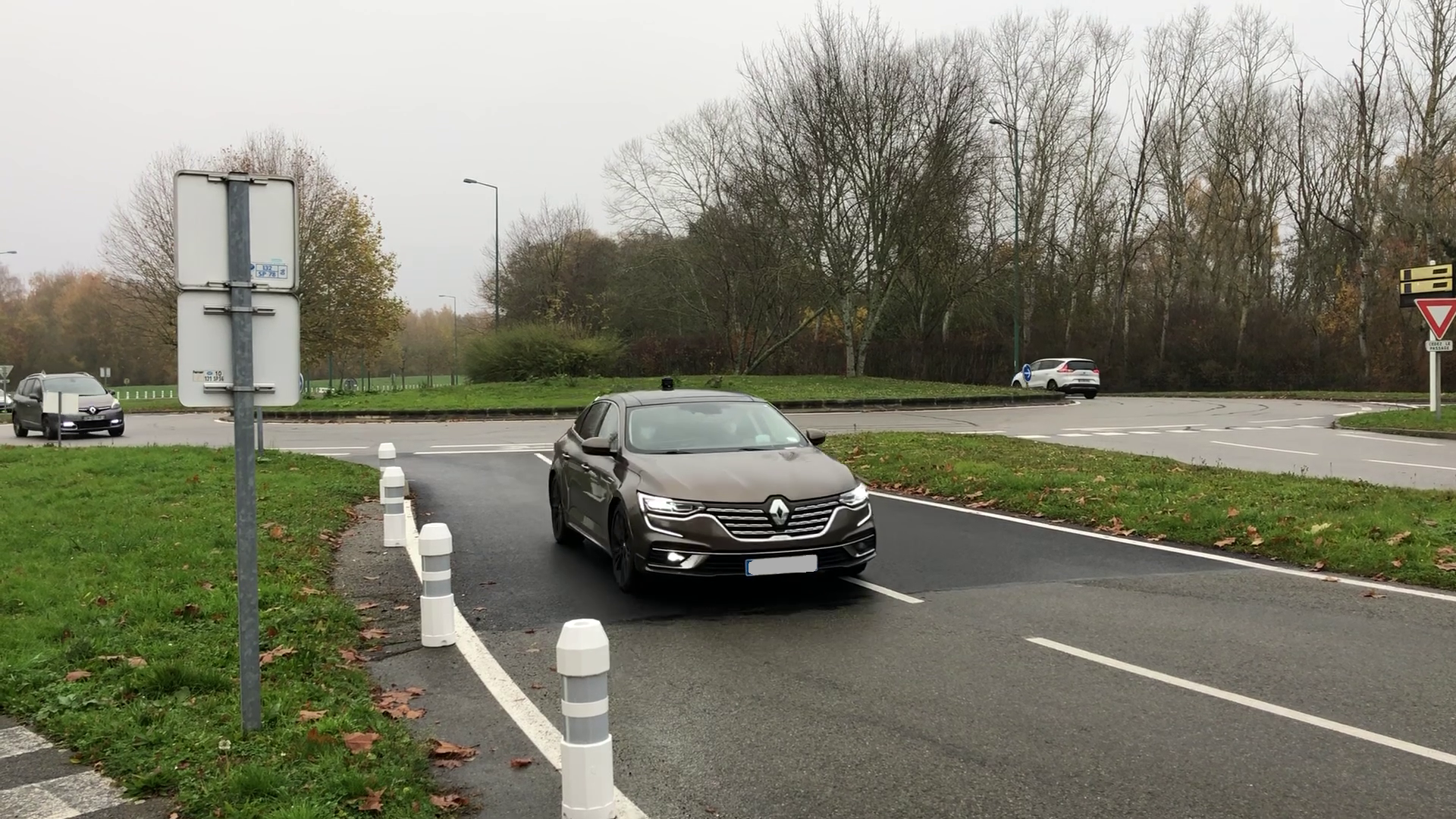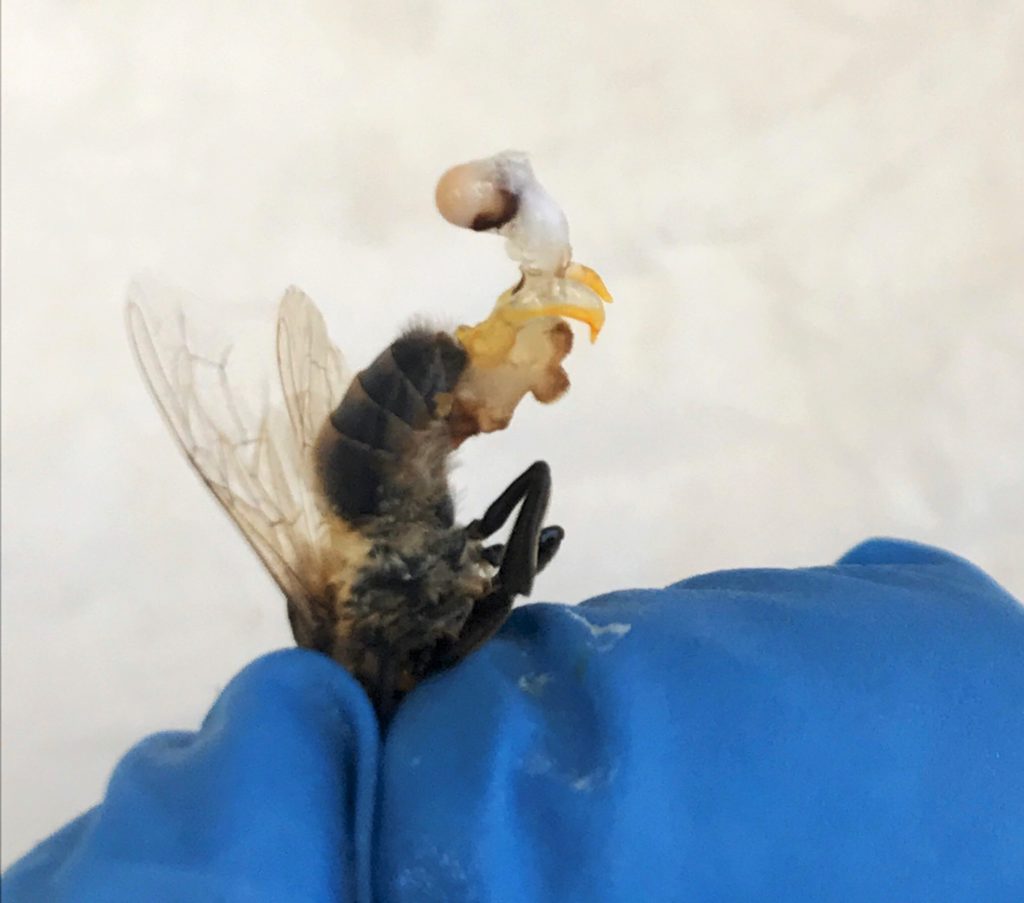2022-02-24 オランダ・デルフト工科大学(TUDelft)
プロアクティブエコモードの開発にあたり、ティモ・メルマンとニーク・ベッカーズは、複雑なモデルではなく、まずドライバーとデータ収集に着目しました。フランスのルノー・テクノセンターで行われたテストでは、ドライバーの運転行動に関するデータを収集しました。たった1回のテストで、プロアクティブエコモードは、シンプルなアルゴリズムを使ってうまく予測することができたのです。このシステムにより、ドライバーは必要な時に素早く簡単に加速することができ、同時に経済的な運転ができるようになったのです。ルノーは、この特許を取得したシステムを将来のクルマに搭載することに意欲を示しました。
Driving in eco mode can reduce fuel consumption and is good for both the environment and your wallet. In practice, however, it often causes frustration among drivers, causing them to quickly switch off the function. The mode prevents drivers from accelerating when they really need to, for example when entering a motorway. Together with Renault, Delft robot engineers developed the Proactive Eco Mode, a new system that enables drivers to reach the desired speed faster, based on predictions of the future, while maintaining the eco fuel benefits. They have successfully demonstrated the system on French roads.
Proactive Eco Mode
For the development of the Proactive Eco Mode, researchers Timo Melman and Niek Beckers first focused on the driver and on data collection instead of complex models. During a test at the Renault Technocentre in France, they collected data on a motorist’s driving behaviour. After just one round of testing, the Proactive Eco Mode was able to make successful predictions using a simple algorithm. This system helped the driver to accelerate quickly and easily when this appeared necessary and at the same time to drive economically. Groupe Renault responded enthusiastically and expressed interest in implementing the patented system in future cars.
Timo Melman, researcher Human-Robot Interaction, TU Delft: ‘Our system allows your car to look into the near future while you are driving. This is possible because we make predictions about when a driver will need a lot of power and when not, and we change the car’s engine settings if necessary. This does not require complicated algorithms: we simply do it by collecting data about how the driver and other road users drive. Thanks to this data, the car “knows” when you want to accelerate. This makes it much more pleasant for the driver to stay in eco mode and it is still energy efficient. A win-win situation as far as we are concerned.’
Partnership
Researchers Niek Beckers and Timo Melman developed the Proactive Eco Mode with David Abbink, Professor of Human-Robot Interaction and Xavier Mouton, Engineering General Manager Steering System at Groupe Renault. ‘This is a good example of how our group’s fundamental research into human-robot interaction generates real-world applications,’ says Professor David Abbink, who leads the collaboration between Renault and TU Delft. These tests tie in with the ‘Meaningful human control of autonomous intelligent systems’ research area and with AiTech, of which Abbink is the scientific director. The aim of this institute is to develop intelligent systems that are both transparent and understandable to humans.




